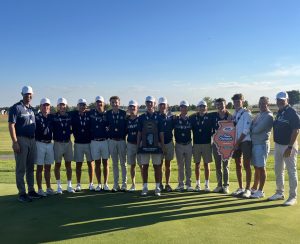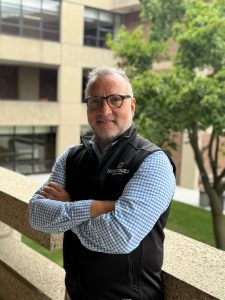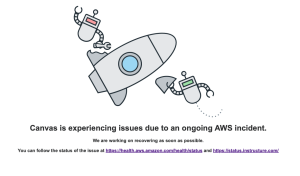Adviseries commit minds to service through NUSH
Advisery….service projects….prove valuable to students
December 7, 2016
Alongside the much-anticipated reappearance of holiday music and Christmas lights comes altruism.
Once again, advisories are planning and organizing collaborative service projects.
Many adviseries signed up to be involved in the NUSH (Northwestern University Settlement House) program, also known as Adopt-A-Family. In this program, the adviseries are assigned a family and each family member’s wish list. Groups fundraise or collect money to purchase gifts for the family.
Advisor Kristen Torkelson said, “It has a personal touch to it. You have a list of family members…their specific wish lists. It gives it more of a focused purpose.”
While many work with NUSH, each advisery has a different manner in which they carry out the project.
Adviser Mark Colegrove pushes his students to do the project every year, and to be invested in it.
“We don’t fundraise. I want them to take it out of their own pockets and not ask mom and dad so that they take some ownership in it. My push is for them to do it. Not for someone else go out and buy the gifts but for them to do it,” Colegrove said.
In agreement, Torkelson said, “When [the students] own it, they get a lot out of the project.”
Adviser Maria Barraza finds importance in teaching students that service isn’t about just writing a check. “It’s more about dedicating the time and truly wanting to do it from the compassion. It’s really important for them to see that it’s not just giving money. It’s not just monetary,” Barraza said.
Senior and Barraza advisee Therese Cooney said, “It really shows you that even with just a small group and even though we are just in high school, we can still make a difference and we can still help someone out and make someone’s holiday great for them and spread that joy.”
“Also, the whole idea of empathy. Putting yourself in someone else’s shoes and I think if you can help out people who are less fortunate, that’s really important,” senior Nicki Bukovac said.
Some advisories decided against participating in the project. Adviser Julie Novak did not want to introduce a new project as “it would’ve been too much for [her advisees] to take on. Plus, we are already, as a senior class, working on Habitat for Humanity. I want them to focus their efforts on that.”
Students and advisers tend to do service simply as part of a checklist imprinted in them. “Service work is important. We should give back to the community and live our school motto. However, it’s really easy to do too many,” Novak said. “It doesn’t become meaningful and it’s like checking off a checklist. The important thing is to understand the work you are doing and the impact of it. That’s why I think Habitat will be great for advisory. We are doing so much throughout the year to understand more about it that it’s not just throwing money at a problem,” Novak said.
Colegrove said, “If you’re just doing service to do service, they don’t necessarily learn a lot about it and it doesn’t motivate them to do more service. If it’s meaningful and impactful to them, they are going to go out and do it on their own.”
In addition to teaching students about service, it also becomes a bonding experience. “One of the best things about our advisory is that we are all really close but we also have a lot of girls who really want to make a difference in the world,” Bukovac said. “It just brings us together to do something outside of school.”
According to the faculty, service is beneficial when it’s presented and carried out in the appropriate manner. Torkelson believes that it impacts students overall by making them “more aware of the world around them. What we might take for granted other people don’t. Being aware of that and always thinking of others is a great life skill. It’s a good reminder.”












































